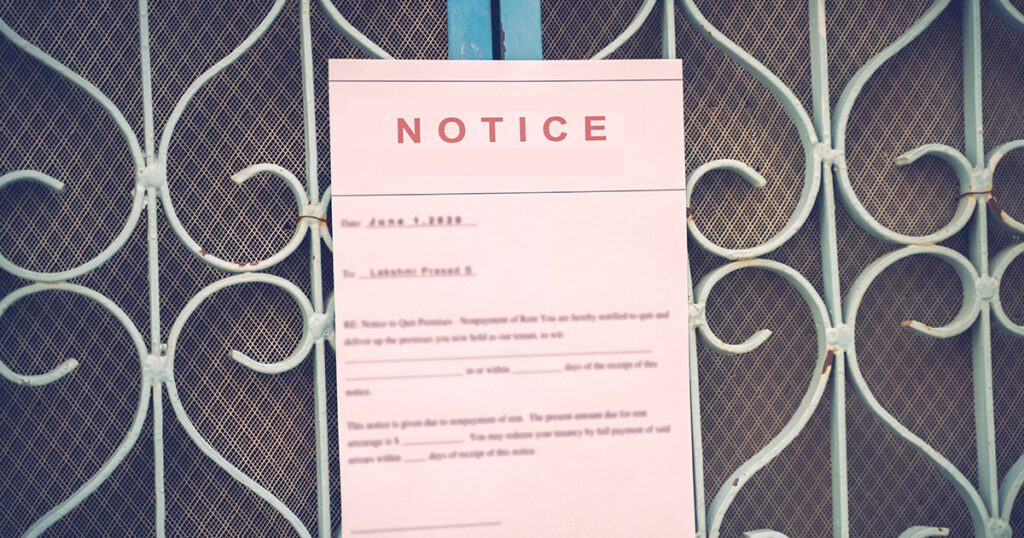
by robschlackman@gmail.com | Oct 6, 2022 | Blog, Litigation
The Litigation Team of Taylor, Eldridge & Endres Scores Big Victory for Real Estate Developer in the Face of an Invalid Mechanic’s Lien A mechanic’s lien can easily be filed against real property without any proof that the contractor did any work or that any money...

by Trisha Schlackman | Aug 12, 2022 | Blog, Litigation
SLOW DOWN, YOU MOVE TOO FAST While much of our 21st Century world has embraced the ease, speed and effectiveness of email communications, it is not yet the solution to all of life’s challenges. At least that is the lesson learned by a Westchester condominium board of...

by robschlackman@gmail.com | Jun 10, 2022 | Blog, Litigation, State Law
Many of you might recall that in March 2021, a new State law was enacted requiring landlords to provide notice to tenants of their rights to request reasonable modifications and accommodations pursuant to the State’s Human Rights Law. You might also recall that this...
by robschlackman@gmail.com | Jun 8, 2021 | Blog, Boards, Litigation
Recently, an appeals court upheld a Board’s demand for the removal of residents’ dogs… but held that repeated fines for failure to remove the dogs were not proper – all pursuant to the Condominium’s by-laws. In Board of Mgrs. of Fishkill Woods Condominium v Gottlieb,...
by robschlackman@gmail.com | Jun 12, 2019 | Blog, Boards, Litigation, State Law
Life used to be fairly simple. In the old days, when a Long Island Homeowners Association (HOA) amended its Declaration or By-Laws, the common practice was for the Board to file a Certificate of Amendment with the County Clerk. First of all, when an amendment is...
by robschlackman@gmail.com | Oct 25, 2018 | Boards, Articles, Blog, Litigation
A Westchester County cooperative apartment corporation decided to prohibit washing machines in apartments by creating a new House Rule. The basis for the new rule was a finding by the Board that the plumbing system in the building was “not sufficiently robust” to...




